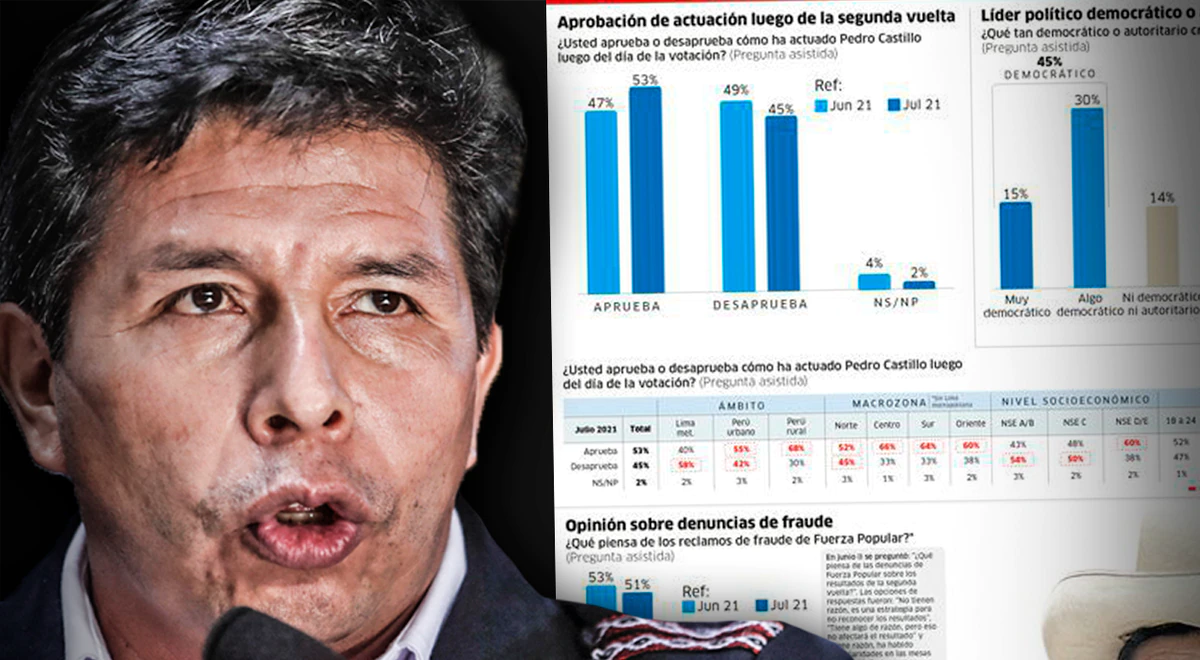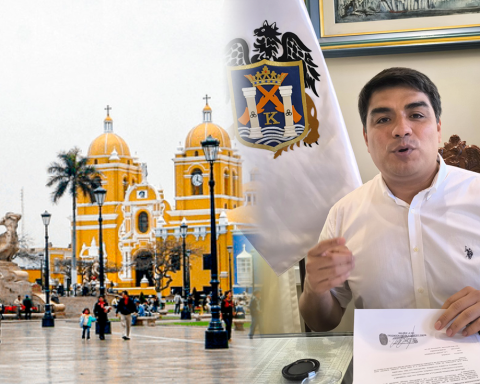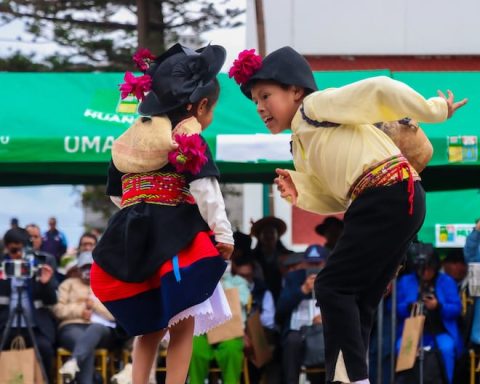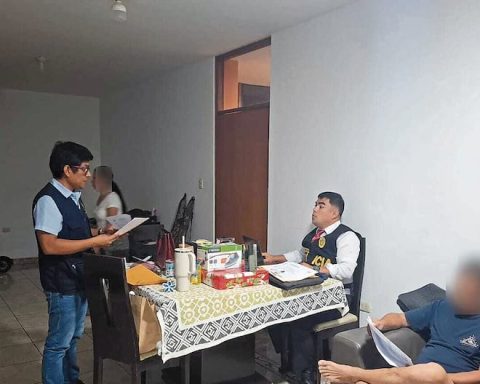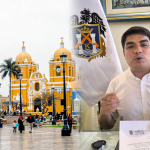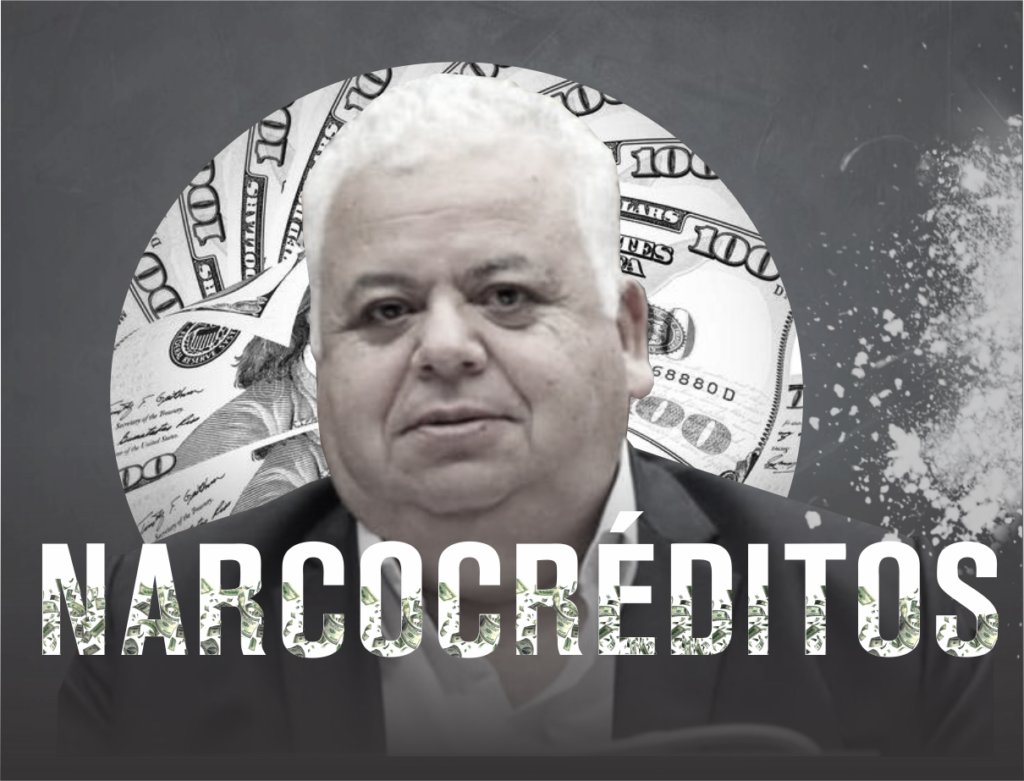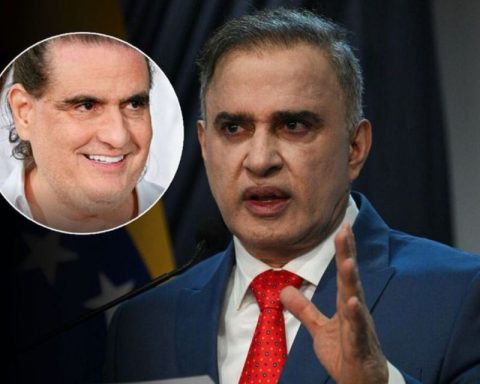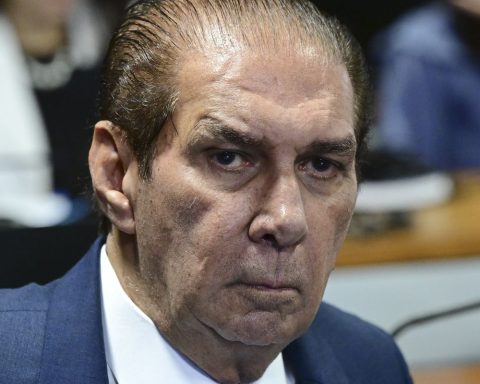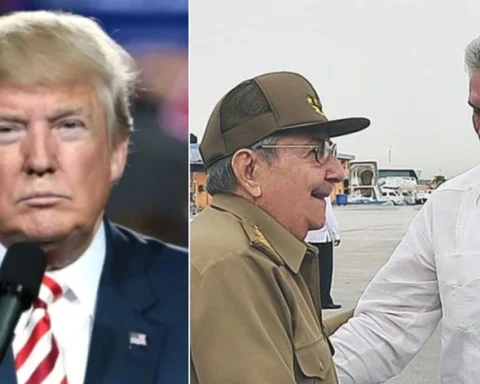Contradictions? In the political realm, that principle seems get lost in the everyday life. The predictable thing would be that if the President of the Republic, peter castle, a sixth fiscal file is opened that involves him in alleged illicit acts, his popularity declines as a social sanction; however, this has not been the case. Since June, — according to regular measurements of the Institute of Peruvian Studies (IEP) – the mandatary is protected by a steady growth of popular affectionsalthough this is still incipient.
According to the opinion poll IEPsreleased last Sunday, August 28, the approval of peter castle it rose again from 24% to 29%, five percentage points that, given its condition in relation to the inquiries carried out by the Public Prosecutor’s Office, they sound like a lot. Only a month ago, from June to July it rose from 19% to 24%. In total, 10% in two months of management that mark a contrast with its real situation.
The factors to explain this phenomenon are diverse. For this reason, The Republic contacted two experts to put the cards on the table and understand what is due to the improvement in the president’s popularity. An explanation in which both specialists consulted seem to agree is that the struggle for survival seems to have strengthened peter castlewho, apparently, found strengths in those moments.
In political scientist’s analysis roger santacruz, the delicate situation that the Head of State is going through made it return to its roots and reconnect with its regional and union bases: “They have forced the president to once again assume another role as a political candidate, something he is very good at and has strengthened his levels of representation. This struggle for survival also strengthens it because it polarizes conflicting sectors of the population. His strategy has been to return to that dichotomy: Lima-provinces”.
In this sense, the strategy of Castle Lumps — being surrounded by tax investigations — to gather the union bases around the Government Palace have helped him. In recent weeks, large delegations of leaders from the peasant patrols, from Metropolitan Lima, regional social bases, mining and metallurgical workers, among others, who attended the meeting with the head of state: “Yes, what is happening is that Castillo is once again looking at the sectors that gave him their support to win the elections last year and as soon as he is collecting proposals, he is generating those sensations of rapprochement.”
While, Jorge Luis RamosSalinassociologist and political analyst at the San Agustín de Arequipa National University, explains that the president knows that, after leaving the presidency, he will have to deal with the Judiciary, so his tenure in office becomes an exercise in survival:
“Castillo knows that he has no way out. Let’s imagine he was innocent, which seems unlikely. He knows that he is lost, the hatred that he concentrates is enormous and that comes from the most powerful people in Peru. He knows that, when he leaves the presidency, what awaits him is jail and everything he does is aimed at preventing that from happening. The first thing is not to leave the presidency as long as possible. Meanwhile, the second thing is that, when he has to do it, a political asylum is the easiest thing for him.”
Other reasons that explain the approval of Pedro Castillo
roger santacruz explains that the population begins to feel a trivialization of the arguments against the president, an effect to which the opposition sector of the Congress of the republic:
“There is an overexploitation of arguments on the part of the opposition that has fallen into trivialization by having failed in the attempts to vacate, advance elections and now he plays the legal card of surrounding the president through relativessince they find themselves with a constitutional limit that is article 117 that prevents them from prosecuting him.”
On the other hand, the expert also warns that the Public Prosecutor’s Office has been playing a political role. This, added to the role of some media outlets, has led to the opening of alternative channels in social information networks “which, in some way, levels the lack of communication that the president was experiencing in previous months.”
About, Jose Luis Ramos Salinas also questions the political role that the National Prosecutor’s Office would be playingwhich would explain why research has not buried popular preferences around peter castle:
“(…) The journalistic investigations that show that the Nation’s prosecutor lied about the reasons why she removed the prosecutor who is investigating her sister are just appearing. In addition, the way in which she expresses herself makes people suspect that the way in which the Public Ministry acts is not the most appropriate, but rather there is a political interest”.
Finally, the sociologist from Arequipa explains that the president appeals to old social inequalities: “We have never been a republic, we are going to celebrate 200 years of a caricature of a republic, we have never been a country of equals, there have always been marginalized groups, persecuted. Groups that, when they see the Police, are scared instead of feeling protected. Groups that, when their cases go to the Judiciary, do not feel that they are going to obtain justice. So, in a country like this, when someone appeals to the culture of someone who has felt persecuted and marginalized, there is a great chance that people will believe him.”
